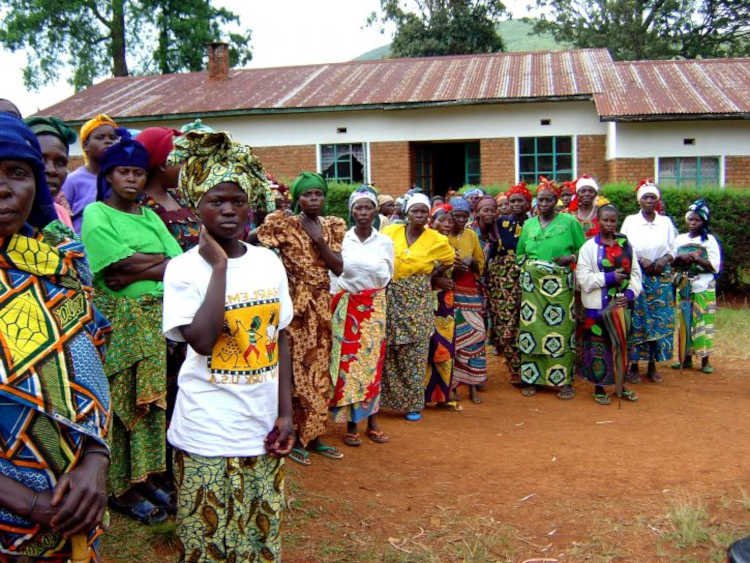What are the development concerns facing the citizenry in the Democratic Republic of the Congo (DRC) as the country prepares for its presidential election?
Development Diaries reports that 44 million registered voters out of a population of around 100 million are expected to elect their president on 20 December, 2023, according to the country’s electoral commission.
It is understood that the DRC citizens will also be choosing candidates for the legislative, provincial, and municipal elections.
A recent report by Aljazeera highlighted the disappointment and frustration of citizens over the rising poverty, unemployment and the slow pace of development in the country.
The upcoming elections present another opportunity for citizens to choose leaders who will fast-track development and uphold the interests of the people at heart.
The DRC faces numerous developmental challenges that have hindered its progress and impeded the well-being of its population.
High levels of poverty persist in the DRC, with a significant portion of the population living below the poverty line.
According to figures from the World Bank, the DRC is among the five poorest countries in the world, with nearly 62 percent of Congolese living on less than U.S.$2.15 a day in 2022.
The figures also reveal that about one out of six people living in extreme poverty in sub-Saharan Africa lives in the DRC.
Economic inequality is also a concern, as wealth and resources are not distributed equitably, exacerbating social disparities.
Inadequate infrastructure, including roads, electricity, and health care facilities, hampers economic development and limits access to essential services for many Congolese.
The DRC faces significant health care challenges, including a lack of access to quality health care services, high rates of infectious diseases and insufficient health care infrastructure.
Access to quality education is limited in many parts of the country. Factors such as insufficient schools, qualified teachers, and educational resources contribute to low literacy rates and hinder human capital development.
Development Diaries calls on the citizens of the DRC to elect leaders based on competence and experience to meet the country’s development needs.
Photo source: L.Werchick, USAID







